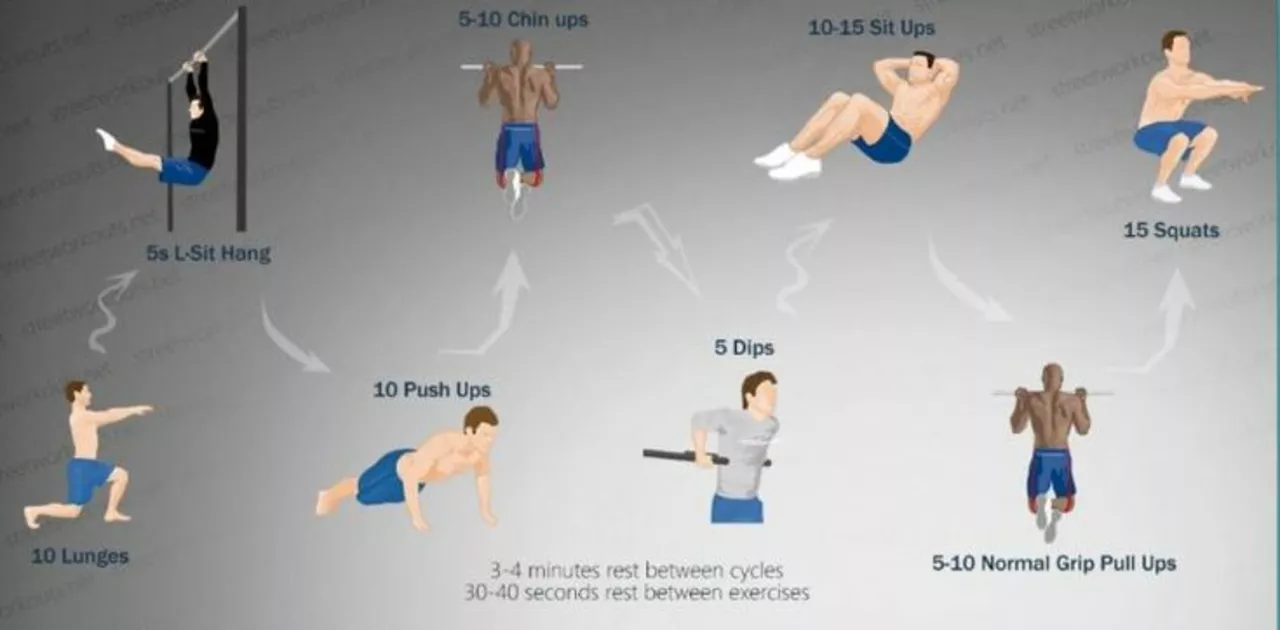Acute Diarrhea: What Causes It and What You Can Do Now
Acute diarrhea means loose or watery stools that start suddenly and last a few days. Most cases are from infections—viruses like norovirus or rotavirus, bacteria from bad food, or parasites after travel. Antibiotics, some medicines, and certain foods can also trigger it. The main danger is losing too much fluid quickly, so the first priority is staying hydrated.
Home care and first steps
Start with fluids right away. Water is good, but oral rehydration solutions (ORS) are best because they replace salts and sugar your body needs. You can buy ORS packets or make a simple mix: 1 liter of water, 6 teaspoons of sugar, and half a teaspoon of salt. Sip slowly and often—small sips every few minutes work when vomiting is an issue.
Eat plain, easy-to-digest foods when you feel ready: toast, rice, bananas, and boiled potatoes. Skip milk, fatty foods, spicy dishes, and alcohol until things settle. Avoid sugary drinks and fruit juices that can make diarrhea worse.
Over-the-counter loperamide (Imodium) can cut diarrhea short and help you feel better, but don’t use it if you have a high fever or bloody stools. It’s not for children under 2 without medical advice. Probiotics may help restore normal gut bacteria faster—look for Saccharomyces boulardii or Lactobacillus strains and follow the product directions.
When to see a doctor
Call a healthcare provider if you notice any of these: signs of dehydration (dizziness, very dry mouth, low urine output), bloody stools, severe belly pain, fever over 38.5°C (101.3°F), or diarrhea lasting more than 48–72 hours. Babies, older adults, pregnant people, and anyone with a weakened immune system or chronic conditions like diabetes should get medical advice sooner. People with diabetes need to watch blood sugar closely—losing fluids and not eating can make glucose levels swing.
Doctors may test stool samples if they suspect a bacterial or parasitic infection. Antibiotics are only useful for certain bacterial causes and are not needed for most viral cases. If dehydration is severe, a clinic or ER can give fluids intravenously.
Preventing acute diarrhea is often simple: wash hands regularly, cook food to safe temperatures, drink treated or bottled water when traveling, and avoid known triggers. For young children, rotavirus vaccines have cut severe cases dramatically.
Acute diarrhea usually clears in a few days with fluids and rest. If you’re unsure what to do or symptoms look bad, get help early—quick treatment prevents complications and keeps recovery faster.

Acute Diarrhea and Exercise: Should You Work Out or Rest?
Haig Sandavol May 21 19As a fitness enthusiast, I recently came across the topic of acute diarrhea and its relation to exercise. It got me thinking, should we work out or rest during such times? After some research, I found out that exercising during a bout of acute diarrhea can lead to dehydration and worsen the situation. It's crucial to prioritize our body's recovery and stay hydrated. So, it's better to take a break and allow our body to heal before resuming exercise.
More Detail